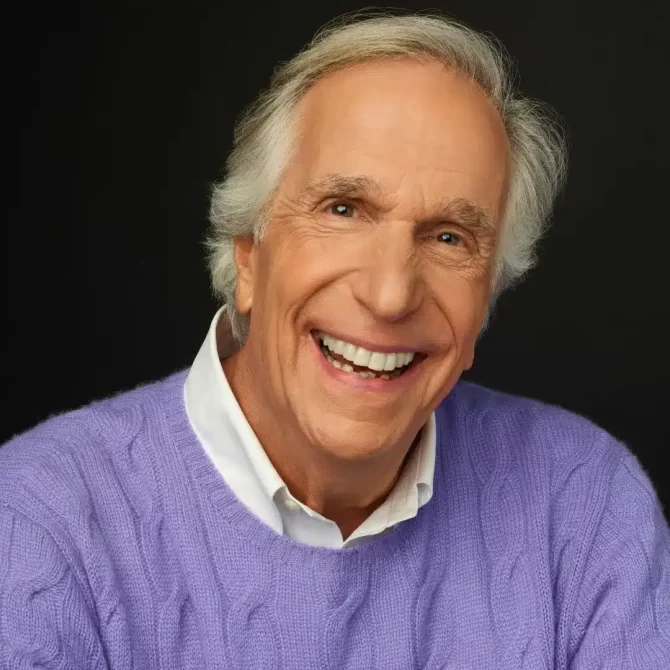
doyouremember.com
Henry Winkler Hints At Reprising Most Iconic Role 50 Years Later
For generations of television fans, Happy Days remains a symbol of comfort, nostalgia, and pure fun. At the heart of the series was Henry Winkler, whose unforgettable portrayal of Arthur “Fonzie” Fonzarelli made him one of the most beloved TV characters of all time. Now, five decades after the show’s debut, Winkler has revealed that he would gladly return to the role, giving fans fresh hope of seeing Henry Winkler the Fonz once again.
The actor, now 79, reflected on the idea during a recent interview with CNN. He explained that he would happily embrace playing an older version of the iconic character, joking that he could easily slip into the role of a “retired” Fonz surrounded by grandchildren. His comments bring back memories of an era when sitcoms brought families together.
Henry Winkler as ‘The Fonz’ Would Return For Fans
Henry Winkler /Instagram
According to Men’s Journal, Winkler said: “I would do the Fonz retired, absolutely. Grandchildren… lot of fun, very difficult, but you get to give ‘em back!” He delivered the line in his classic Fonz voice, sparking laughter and delight among fans. This latest remark isn’t the first time Winkler has addressed revival rumors. Back in 2019, he admitted that if a reboot ever happened, he might need an “expandable zipper” for Fonzie’s famous leather jacket.
Henry Winkler/Instagram
Not everyone from the cast shares the same enthusiasm for a continuation. Ron Howard, who played Richie Cunningham, recently told People magazine that there will “never be a revival of the show.” Instead, he pointed out how remarkable it is that the original series still resonates with viewers. His comments underline the timeless quality of Happy Days.
A Reunion For The Ages
HAPPY DAYS, from left, Erin Moran, Henry Winkler, Marion Ross, Ron Howard, 1974-84. ©ABC / courtesy Everett Collection
Even without a reboot, Winkler and his co-stars have given fans reasons to celebrate. In April 2025, Winkler, Howard, Anson Williams, and Donny Most reunited for the first time in 50 years at Steel City Con in Pittsburgh. For longtime viewers, the sight of these actors together again was the closest they might come to experiencing Happy Days anew. Winkler told the audience, “This is the first time we have appeared this way in 50 years,” while Howard added that the fun felt like it had only been “50 minutes.”
HAPPY DAYS, from left, Erin Moran, Henry Winkler, Ron Howard, 1974-84. ©ABC / courtesy Everett Collection
Though several original cast members and series creator Garry Marshall have passed away, the spirit of Happy Days endures. And with Winkler’s willingness to reprise the Fonz, fans can still dream about one of television’s most beloved characters making a triumphant return. For those who grew up watching the show, the idea offers a warm reminder of simpler times.
Next up: Gabe Kaplan Reflects On ‘Welcome Back, Kotter’ – And Who He Still Keeps In Touch With From The Cast
The post Henry Winkler Hints At Reprising Most Iconic Role 50 Years Later appeared first on DoYouRemember? - The Home of Nostalgia. Author, Ruth A

















